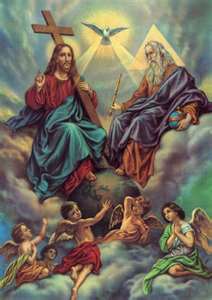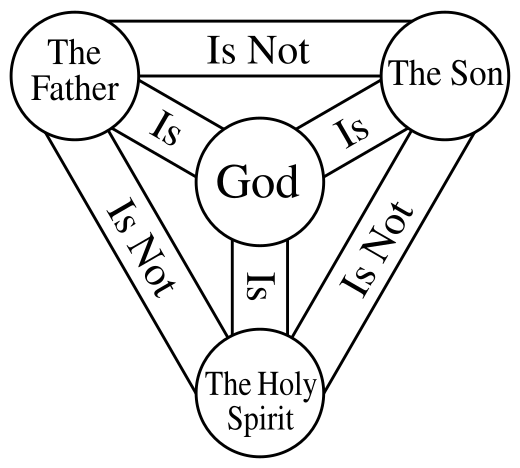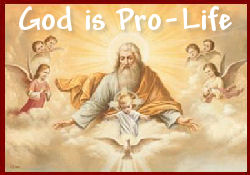Go, therefore… (Matthew 28:19)
Have you ever started to leave a friend’s house, but then turned turn back to say: “Oh, and one more thing… .” That’s kind of what Jesus does here. Just before he ascends into heaven, he turns to his apostles and tells them one more thing: “Go … and make disciples of all nations” (Matthew 28:19). Teach them. Tell them what you know. Make them students of my life, my Father’s love, and the power of the Spirit. Baptize them—immerse them—in all that it means.
Those words are for us, too. Tell people who the Father is, who the Son is, and who the Holy Spirit is. So here are a few things we can all meditate on today so that we are better equipped to go out and “make disciples” ourselves.
The Father: He is the creator of the universe who holds us close to his heart. His voice thunders in the heavens and whispers quiet words of love in our hearts. He is supreme above all things. He knows us completely and loved us absolutely before we were even conceived.
The Son: He is the image of the invisible God, divine love in human form. Jesus opened the gates of heaven for us and all who believe and are baptized. On the cross, he restored our relationship with God, bringing us back into his embrace. He rescued us from sin and death, and set our feet in the way of peace.
The Spirit: He is a divine gift given to guide and direct us. He leads us in all truth and teaches us God’s mind. Through his indwelling presence, we grow more loving, patient, and joyful. He gives us words of understanding, comfort, and instruction for our day. And he gives us the energy we need to do the things God has called us to do.
Immerse yourself in these truths today. Then go and teach them, remembering that Jesus is always with you!
“Holy Trinity, help me experience your love and life more today, and to tell everyone about you.”
Questions for Reflection or Group Discussion
(Deuteronomy 4:32-34,39-40; Romans 8:14-17; Psalm 33:4-6,9,18-20,22; Matthew 28:16-20)
1. In the first reading, Moses’ reminds the people of the great works that God performed to rescue them from slavery in Egypt and to form them into his people. God has done the same for us in rescuing us from slavery to sin and forming us into his people. How would you present these truths of God’s saving works through Jesus Christ? How would you present the incredible truth that God emptied himself and became man, suffered and died in our place, and sent his Spirit so that we could share his very life?
2. The Responsorial Psalm ends with, “Our soul waits for the Lord, who is our help and our shield. May your kindness, O Lord, be upon us who have put our hope in you.” What part of your life do you give to God, “who is our help and our shield?” In what ways do you withhold part of your life from God’s help and protection?
3. The second reading says that we can call God “Abba,” the Hebrew word for “daddy,” a term of love and childlike familiarity. Do you view God the Father as a loving and tender father or as a strict enforcer of his commandments (like a cop in the sky)? What steps can you take to change your view of your Heavenly Father and develop a deeper and more intimate relationship with him?
4. The Gospel presents an expression of our faith in the triune God, in whose name we were each baptized. Have you ever reflected on the graces of God, received in the Sacrament of Baptism and through faith in Jesus Christ? In what ways should such reflections cause us to praise and adore God for showing us his mercy and giving us a share in his divine life? How much time each day do you spend praising and thanking God for what he has done for you?
5. The meditation summarizes key attributes of the Trinity. What has God been teaching you this Easter season about himself? What steps have you taken, or what additional steps can you take, to develop a more personal relationship with the Father who loves you? The Son who redeemed you? And the Holy Spirit present within you in power?
6. The meditation also encourages us to “Tell people who the Father is, who the Son is, and who the Holy Spirit is” and then ends with these words: “Immerse yourself in these truths today. Then go and teach them, remembering that Jesus is always with you!” What are the obstacles that keep you from telling people (family, friends, neighbors, co-workers, etc) about the love of the Father, Son, and Holy Spirit - and how you have experienced it in your own life?
7. Take some time to pray for the grace to know and experience more deeply the love and life of the Trinity, and to say yes to the Lord’s call to proclaim it to others. Also ask the Lord to reveal to you those who most need to hear it. Use the prayer at the end of the mediation as the starting point.








